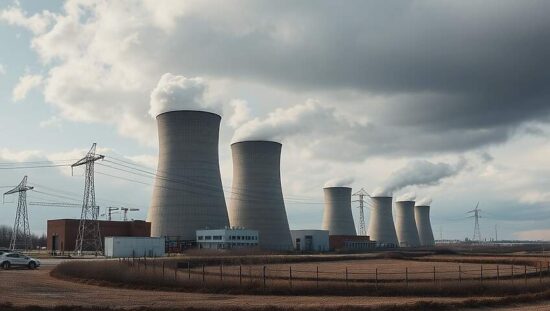Germany’s Ruling Coalition Faces Skepticism Over Plans for New Gas Power Plants
Germany’s Social Democratic Party (SPD) has expressed skepticism over the government’s plans to build new gas power plants, with a total capacity of up to 20 gigawatts. The SPD’s energy policy spokesperson, Nina Scheer, emphasized that the coalition agreement had specified a maximum of 20 GW and that each additional gigawatt of gas power capacity must be justified. Scheer also highlighted the potential of existing bioenergy infrastructure, wind and photovoltaic power plants and energy storage to meet the country’s energy needs.
The SPD’s skepticism is not shared by the Christian Democratic Union (CDU), which is pushing for the construction of new gas power plants. The CDU’s energy policy spokesperson, Andreas Lenz, argued that the new plants are necessary to ensure energy security and that the first batch of tenders must be launched as soon as possible. Lenz also pointed out that the Federal Network Agency had already identified a need for 17 to 21 GW of additional capacity by 2031 and that the German Industry Association (BDI) estimated even higher demand.
The Greens, on the other hand, are critical of the plans, with their energy policy spokesperson, Michael Kellner, stating that the key to new gas power plants is the transition to green hydrogen. Kellner also criticized the CDU’s energy minister, Katherina Reiche, for not considering alternative technologies, such as energy storage and for not being in line with Brussels’ regulations.
The debate highlights the ongoing discussion in Germany about the role of gas power plants in the country’s energy mix, as the government seeks to balance energy security, climate protection and economic interests.





